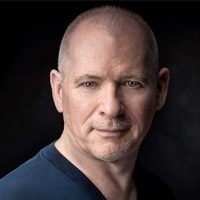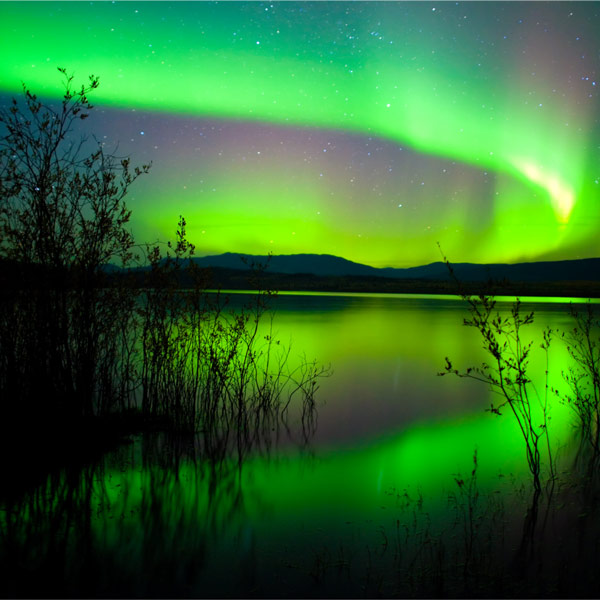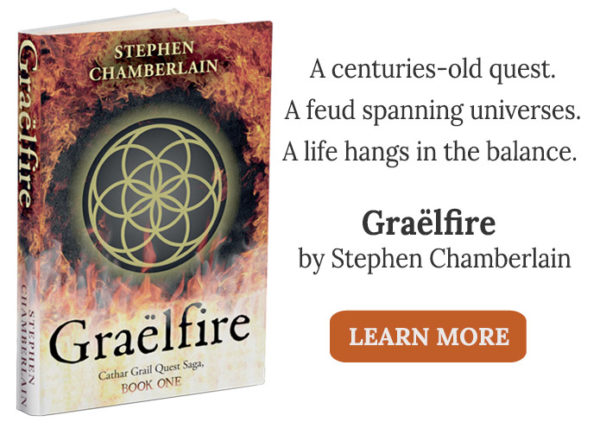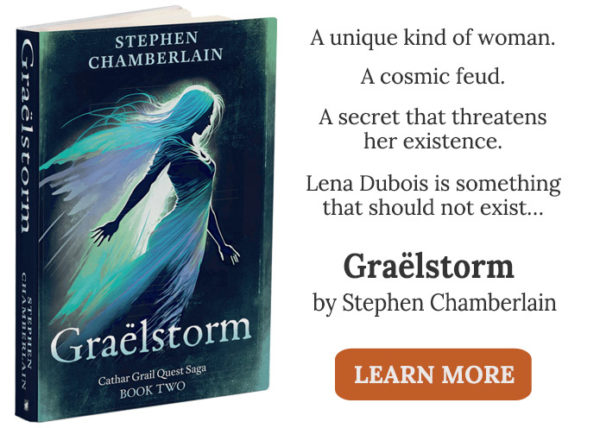The most beautiful thing we can experience is the mysterious. It is the source of all true art and science. He to whom this emotion is a stranger, who can no longer pause to wonder or stand rapt in awe, is as good as dead: His eyes are closed.” – Albert Einstein
Awestruck
Most of us have experienced a “wow” moment—a sense of wonder that makes our eyes go wide, our eyebrows lift, and our mouths hang open. But do we realize how important these moments are to our well-being? Research suggests the power of awe can make us healthier and happier.
Awe is almost synonymous with wonder. Both emotions provoke an overwhelming mix of surprise, astonishment, and amazement. Perhaps they happen when you look up at a starlit sky and marvel at the vastness of space, or when you watch the crimson glow of sunset, or witness the birth of a child.
Overawed
But there is a difference between awe and wonder. While we associate wonder with joy, awe is no mere “wow” moment. It arouses fear, respect, or reverence for something greater or more powerful than ourselves—especially the scale and power of nature.
Wordsworth’s autobiographical poem, “The Prelude,” has one of the best accounts of the power of awe in literature. He describes how, as a boy, he stole a boat and rowed out into a lake at night. At first he’s excited and rows “proud” and “unswerving.” He is full of wonder at the scenery:
With an unswerving line, I fixed my view
Upon the summit of a craggy ridge,
The horizon’s utmost boundary; far above
Was nothing but the stars and the grey sky.
But then he is awestricken by a mountain peak coming into view. Not only does it appear to move, it seems to have intention, and Wordsworth is seized with such a childlike terror that he flees the lake and rows for the shore:
When, from behind that craggy steep till then
The horizon’s bound, a huge peak, black and huge
As if with voluntary power instinct,
Upreared its head. I struck and struck again
And growing still in stature the grim shape
Towered up between me and the stars, and still,
For so it seemed, with purpose of it’s own
And measured motion like a living thing
Strode after me…
The peak overawed Wordsworth. See how he personifies it. How it seems to threaten and chase him. The encounter instilled genuine fear. We know this, because he says he turned and “with trembling oars” made for the shore and the cover of a willow tree. Later, he describes the effect the experience had on him:
…after I had seen
That spectacle, for many days, my brain
Worked with a dim and undetermined sense
Of unknown modes of being; o’er my thoughts
There hung a darkness…
The lesson he learned is that nature is formidable—even terrifying—and beyond the control of humans.
Shift in Perspective
Wonder and awe bring heightened states of consciousness that have a powerful effect on our minds and bodies. Goosebumps can prickle our arms. Perhaps we get the chills. Our heart rate might rise, and we may be moved to tears. And yet, awe has a profounder impact than wonder. It’s what Wordsworth portrayed as a shrinking sense of self invoked by the presence of something vaster. Think of the life-changing awe that astronauts call the “overview effect” when they look back at the Earth from space and see what Neil Armstrong described as a tiny, pretty blue pea. Viewing the planet from a distance causes a shift in awareness that Astronaut Edward Gibson put like this:
“You see how diminutive your life and concerns are compared to other things in the universe…The result is that you enjoy the life that is before you…It allows you to have inner peace.”
I’ve felt something similar staring out the window during a long flight over the vast interior of the United States. From 35,000 feet you get a fresh perspective. Details at ground level are indistinct, but you can see far to the horizon. You realize humanity is not the centre of the world, but part of a bigger picture. Others report similar reactions from spiritual, mystical, or sacred experiences—the numinous kind that fills them with awe in the presence of the unseen.
Boost to Wellbeing
We’re all aware of how negative emotions such as loneliness, sadness, and anger are harmful to our health, while joy, love, and satisfaction are good for our wellbeing. Psychologists point to awe as another of these positive emotions. They say that experiencing a “smaller self” forces our attention outwards, giving a change of perspective that encourages us to be less materialistic and narrow-minded. This can reduce stress, improve our mood, and promote altruism, all of which bolsters our health, happiness, and social relationships. According to a study published by researchers at the University of California San Francisco and Trinity College, Dublin:
“…cultivating awe enhances positive emotions that foster social connection and diminishes negative emotions that hasten decline.”
Wordsworth expressed this effect in “The Prelude”:
There are in our existence spots of time,
That with distinct pre-eminence retain
A renovating virtue, whence… our minds
Are nourished and invisibly repaired;
A virtue, by which pleasure is enhanced,
That penetrates, enables us to mount,
When high, more high, and lifts us up when fallen.
These “spots of time” in Wordsworth’s life were dramatic incidents—restorative memories, if you like, from which his mind drew strength.
Embracing the Power of Awe
We’ve known for decades that positive thinking can improve wellbeing, but the shrinking of self and the humility it brings make awe more potent than simply focusing on the bright side of life. We need to feel the power of awe to understand it. A bout may come from getting outside and connecting with nature, travelling to new places, listening to moving music or reading awe-inspiring stories—anything that lifts us out of our daily drudge and instills in us a broader perspective. Given the opportunity, awe can strike us at any time, sometimes when we least expect it. The key is to pursue activities with the potential to make us feel a piece of something larger.

Stephen Chamberlain is the author of the fantasy novel Graëlfire. He draws inspiration from the impact of landscape on myth, and the association of liminality with the supernatural and magic. Stephen lives in Switzerland.



